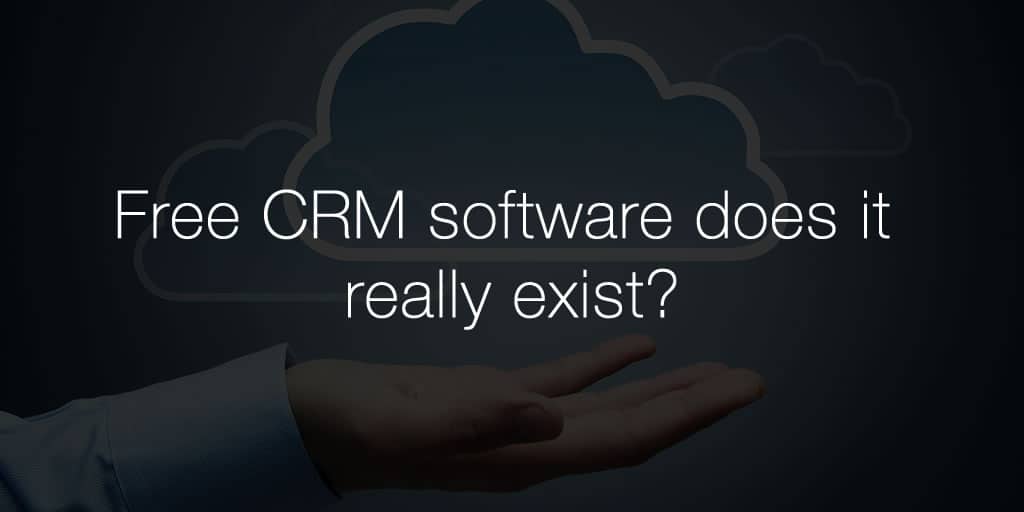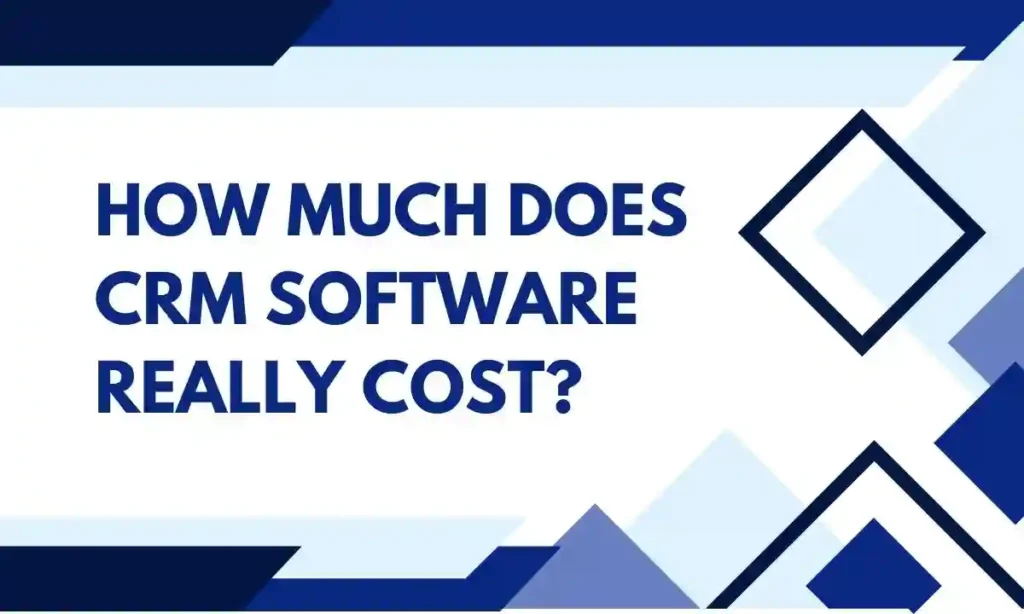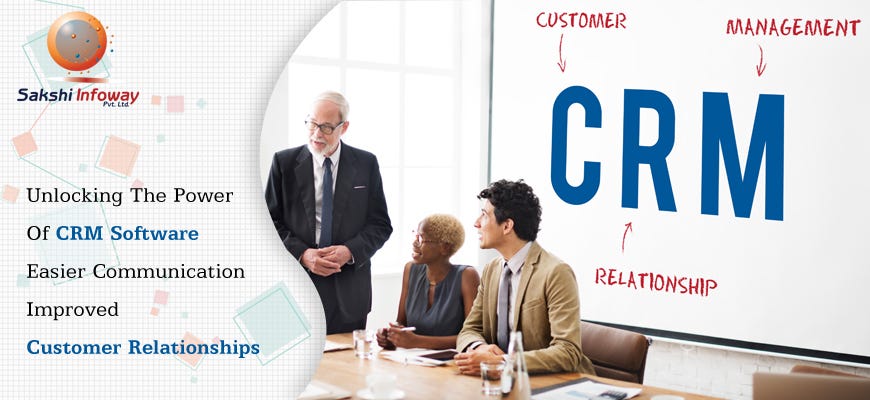CRM software can cost anywhere from $10 to $500 per user per month. This wide range in pricing depends on factors such as the features and functionalities offered, the number of users, and the level of customization required.
Finding the right CRM software for your business needs and budget will require thorough research and evaluation of available options. The investment in a CRM software solution can be significant, but the benefits in terms of improved customer management, streamlined processes, and increased productivity can greatly outweigh the cost.
Understanding CRM Software Costs
When considering CRM software costs, it’s important to take into account various factors that can impact your budget. Whether you are a small business or a large enterprise, understanding these factors will help you make an informed decision. The cost of CRM software can vary based on the specific features and functionalities you require, the number of users, and whether you choose an on-premise or cloud-based solution.
Factors to Consider:
| Factors | Description |
|---|---|
| Features | The more advanced features you need, the higher the cost. |
| Number of Users | The pricing often depends on the number of users accessing the software. |
| Deployment | On-premise solutions may require additional hardware and maintenance costs. |
| Customization | If you require extensive customization, it can impact the overall cost. |
| Integration | The complexity of integrating the CRM software with existing systems can influence the price. |
| Support | The level of support required, such as training and technical assistance, can contribute to the cost. |
Considering these factors, it’s crucial to evaluate your specific business needs and create a budget that aligns with them. By doing so, you can ensure you invest in the right CRM software solution that meets your requirements without exceeding your budget.
Direct Costs Of CRM Software
CRM software costs can vary depending on several factors. Licensing fees are one of the direct costs associated with CRM software, and they can range from a monthly subscription to an annual fee. Implementation costs are another consideration, as they involve getting the software up and running in your organization. This can include customization, training, and data migration expenses. Integration expenses may also apply if you need to connect the CRM software with other systems or platforms that your business uses.
Indirect Costs Of CRM Software
The cost of CRM software goes beyond just the upfront price tag. Several indirect costs should be considered when calculating the total cost of ownership. One such cost is training and onboarding. **Proper training and onboarding** are essential for successfully implementing CRM software within an organization. This includes educating employees on the features and functionality of the software, as well as getting them up to speed on best practices for using the system. It may also include the cost of bringing in trainers or consultants to assist with the onboarding process.
**Customization and configuration** of the CRM software is another indirect cost to take into account. Every business has unique needs and processes, so it’s crucial to tailor the software to fit those specific requirements. This may involve hiring a developer or CRM consultant to customize and configure the software to meet the company’s needs.
Lastly, ongoing support and maintenance should not be overlooked. Once the CRM software is implemented, there will likely be ongoing costs associated with support, updates, and maintenance. This could include monthly or annual subscription fees, as well as expenses for technical support or consulting services.
Hidden Costs Of CRM Software
Hidden Costs of CRM Software
Data migration and cleansing can often be overlooked as an additional expense when implementing CRM software. Ensuring that your existing data is accurately transferred and appropriately cleansed requires both time and resources. Moreover, the complexity of data structures and formats may result in unforeseen costs.
Another hidden cost can be the strain on internal IT resources. Integrating CRM software into existing systems and ensuring compatibility can be a time-consuming task. Additionally, ongoing maintenance, updates, and troubleshooting may require dedicated IT staff or external consultants.
System upgrades and add-ons should also be considered. As your business grows and evolves, the need for additional features and functionality may arise. Customizations, plugins, or integrations to meet specific requirements can come with their price tags.
Calculating The Total Cost Of CRM software
Calculating the total cost of CRM software is crucial for businesses considering its implementation. One aspect to consider is the cost comparison between on-premise and cloud-based solutions. On-premise CRM software typically requires a substantial upfront investment for purchasing licenses, hardware, and infrastructure maintenance. Cloud-based solutions, on the other hand, offer a subscription-based pricing model that allows businesses to pay monthly or annually with no significant initial costs.
Additionally, calculating the return on investment (ROI) considerations of CRM software is equally important. CRM software can enhance sales and customer service, resulting in increased revenue and customer satisfaction. It streamlines operations, reduces manual tasks, and improves productivity.
By accurately considering the total cost, comparing available options, and calculating ROI, businesses can make informed decisions about CRM software investments.
Tips For Cost Optimization
CRM software costs can vary depending on various factors. To optimize your costs, consider the following tips:
| Negotiating with Vendors | Evaluating Cost-Effective Alternatives | Streamlining Processes for Efficiency |
| When engaging with CRM software vendors, **negotiate** the best possible deal to fit your budget and requirements. | Consider **evaluating** cost-effective alternatives such as open-source CRM solutions or cloud-based options. | **Streamline** your processes to maximize efficiency and reduce unnecessary costs associated with the CRM software. |
By implementing these strategies, you can optimize your CRM software costs while still enjoying the benefits of an efficient CRM system.

Credit: www.onepagecrm.com
Frequently Asked Questions For How Much Does CRM Software Cost?
How Much Does CRM Software Cost?
CRM software costs can vary depending on factors such as the provider, the features included, and the size of your business. Basic plans can start at around $10 per user per month, while more advanced plans can cost upwards of $100 per user per month.
It’s important to consider your business’s specific needs and budget when choosing a CRM software solution.
Conclusion
To sum up, CRM software cost varies based on several factors, including features, scale, and deployment options. Small businesses may find affordable options starting at $10 per user per month, while larger enterprises may invest more in advanced functionalities. It’s crucial to consider long-term benefits and return on investment when evaluating CRM software costs.
Be sure to research and compare different options to find the most suitable solution for your business needs.




